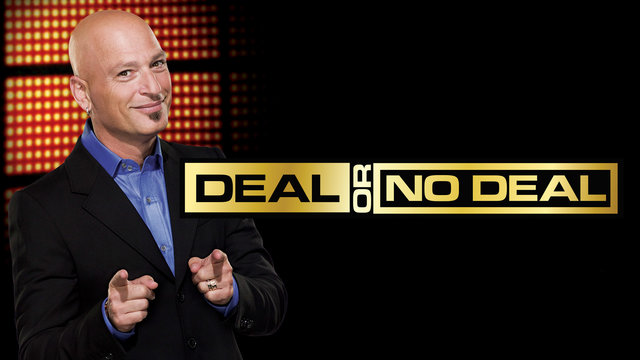
At Crooked Timber, Harry Brighouse considers the UK government's Brexit negotiating strategy:
Why do people keep saying that a bad agreement is worse than no agreement? They—not just May and her friends, but reasonably serious journalists—say it as if it means something. Isn’t it just the truism that an agreement that is worse than no agreement is worse than no agreement? Why is that observation relevant to anything? Everyone knows it is true, including the EU negotiating team. So the EU negotiating team is not going to try for a worse-than-no-agreement agreement, because they know that if that is the best on offer the UK can just walk away into WTO rules. So the observation that a bad agreement is worse than no agreement has no bearing on anything that anyone should do.
I’m missing something, right? [1] What is it?
[1] Really. I’ve been puzzling about this a while. I suppose an email to Henry should clear things up, but its more fun to open it up on CT, even at the cost of exposing myself as obtuse, which I obviously am being.
Of course, in America, the GOP Senators are almost all arguing the opposite: a bad agreement is way better than no agreement on health care. It's how they explain away their own internal inability to agree on anything except the parrot's cry of "Repeal and Replace! Awwwk! Repeal and Replace!"
Louisiana Senator Bill Cassidy added, helpfully, yesterday, that "It depends on how you define 'better.'"
No comments:
Post a Comment